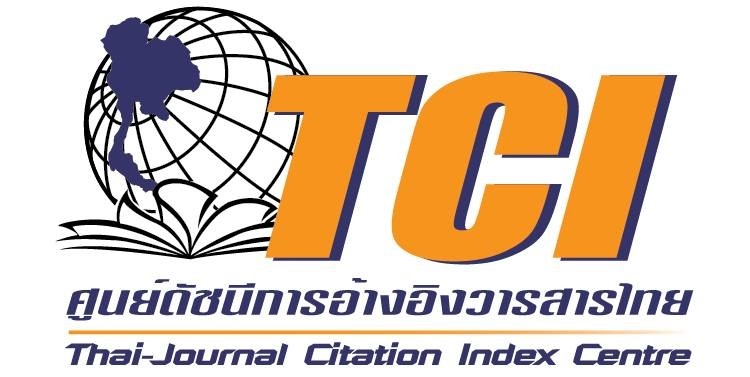Decentralization of education management in local government organizations
คำสำคัญ:
decentralization;, education management;, local governmentบทคัดย่อ
Decentralization of education management in local government organizations is an important policy that will help improve the quality of education and meet local needs. It is important to build readiness for local governments in areas such as personnel, budget, and management. Information, example Raising public understanding and awareness of the benefits of decentralizing education management will help the public truly participate in education management. Benefits from education management and guidelines for participation in education management Improving relevant laws and regulations will facilitate the decentralization of education management and require effective supervision and monitoring mechanisms. Improve relevant laws and regulations to be clear, comprehensive, and consistent with reality. Monitoring and evaluating the performance of decentralized education management will help identify problems and obstacles that arise. This will lead to improvement and remediation to ensure efficient operation. To provide a higher-quality and more efficient education that truly meets the needs of the people.
เอกสารอ้างอิง
Alhamad, B. M., & Aladwan, R. (2020). At the University of Bahrain, balancing centralization and decentralization in management is practiced. Quality Assurance in Education, 27(4), 507–522.
Bray, M. (1991). Centralization Versus Decentralization in Educational Administration: Regional Issues. Educational Policy, 5(4), 371–85.
Chanita Rakcivic (2015) Local government organizations' forms of cooperation in education management [in Thai]. The Srinakharinwirot Research and Development (Humanities and Social Sciences) journal, 7(13), 47–62.
Collier, P., & O'Connell, J. (2002). The impact of decentralization on school performance in Uganda. Journal of Development Economics, 68(2), 319–340.
Heywood, A. (2002). Politics (2nd ed.). New York: Palgrave Macmillan.
Jiemsiri, S., & Jitrungtham, S. (2018). Decentralization of education in Thailand: A review of policies and practices. Srinakharinwirot University's Journal of Social Sciences, 34(2), 1–17.
Manor, J. (1999). The Political Economy of Democratic Decentralization. Washington, D.C.: The World Bank.
Ministry of Education (1999) National Education Act B.E. 2542 (1999) and as amended (No. 2) B.E. 2545 (2002) and (No. 3) B.E. 2553 [National Education Act of Thailand]. Bangkok: Ministry of Education.
Ministry of the Interior. (2023). Local Education Development Plan (2023-2027). Bangkok: Ministry of Interior.
Montagu, H. G. (1984). In Great Britain, there is a comparative local government. William Brendon and Son Ltd.
Parker, R. C. (1995). Desktop Publishing and Design for Dummies. Foster City, CA: IDG Books.
Sahlins, M. C. (2014). Decentralization and education outcomes in developing countries: a review of the literature. Comparative Education Review, 58(4), 515–54.
Sady, E. J. (1967). New age competencies for information professionals. New York: McGraw- Hill.
Wit, D. (1967). A comparative survey of local government and administration. Bangkok: Kurusaphu Press.
ดาวน์โหลด
เผยแพร่แล้ว
รูปแบบการอ้างอิง
ฉบับ
ประเภทบทความ
สัญญาอนุญาต
ลิขสิทธิ์ (c) 2024 Journal of Public and Private Issues

อนุญาตภายใต้เงื่อนไข Creative Commons Attribution-NonCommercial-ShareAlike 4.0 International License.


 ผศ.ดร.ละมัย ร่มเย็น
ผศ.ดร.ละมัย ร่มเย็น






